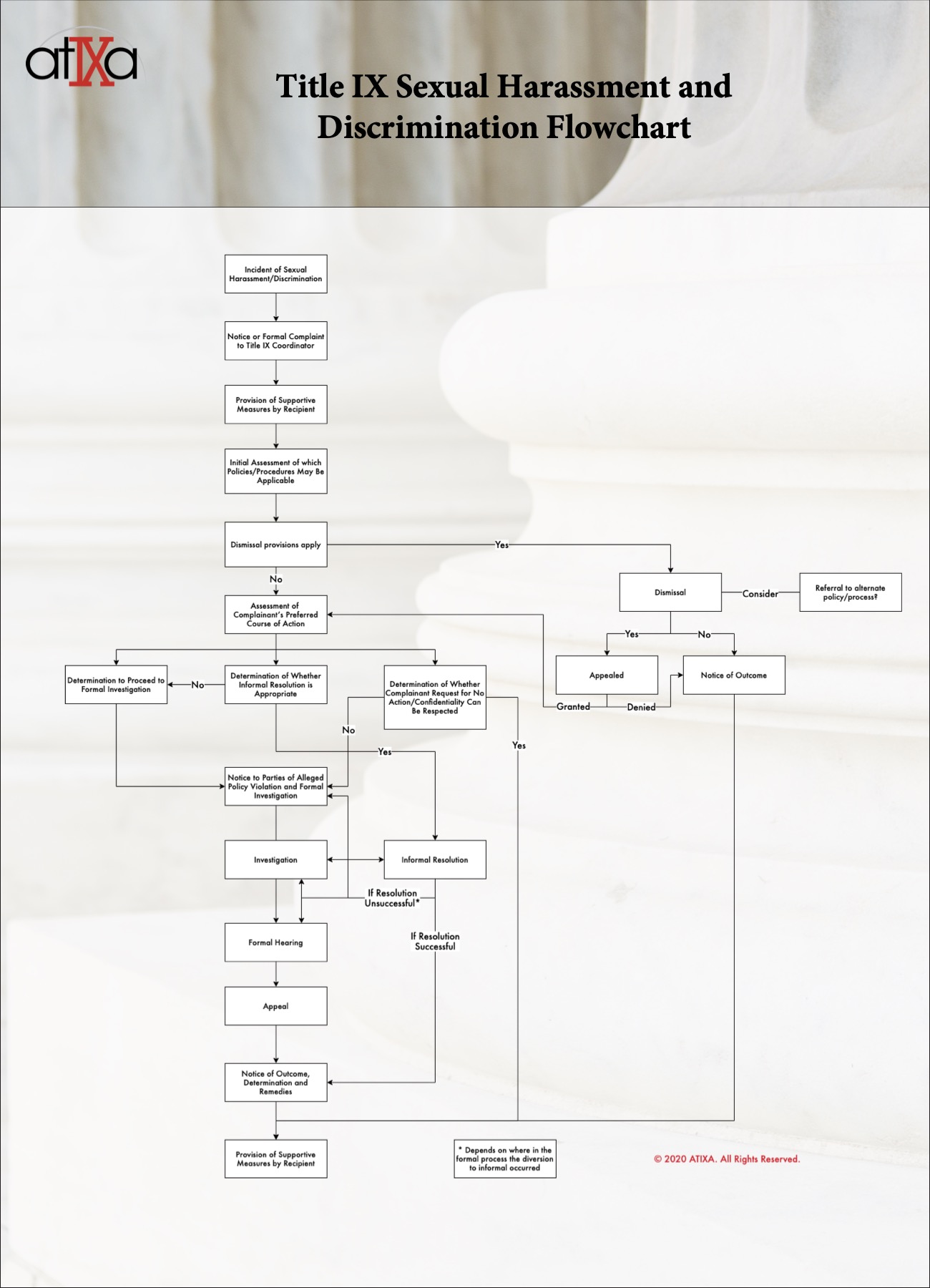Title IX & Sexual Misconduct
 BCU supports the mission of Title IX, Title VII, VAWA, and other laws aimed at reducing sexual discrimination, harassment, and violence through the work of its Title IX Coordinator and Deputy Coordinators, campus support offices, and campus community members.
BCU supports the mission of Title IX, Title VII, VAWA, and other laws aimed at reducing sexual discrimination, harassment, and violence through the work of its Title IX Coordinator and Deputy Coordinators, campus support offices, and campus community members.
The Briar Cliff University Title IX Office is committed to reducing or eliminating barriers to educational and employment opportunities at BCU caused by sex discrimination.
We Are Here to Help
If you have experienced sexual assault, domestic or dating violence, sexual harassment, stalking, or sex- or gender-based discrimination as a BCU student, staff, faculty member, or visitor, please seek help.
Report Sexual Harassment or Sexual Assault
Support Services for Survivors
Take Care of Yourself
- Get to safety.
- Go to a safe place.
- Call 911 if you feel unsafe.
- Get medical treatment, if necessary.
- Get emergency medical help or non-emergency care at BCU Student Health. Both can help you get medication for STIs or discuss other care options.
- Evidence can deteriorate over time, so it is important to seek medical attention as soon as possible.
- Confidential Resources are available on campus. You can make a confidential report of sexual violence and receive counseling or other services through these departments:
- All non-confidential resources including faculty, staff, and student employees (including RAs, GAs, etc.) are required to report incidents of sexual harassment and discrimination to the Title IX Coordinator or Deputy Title IX Coordinators. Consider reporting to a non-confidential resource. Any student, faculty, staff member (including student employees (RAs, GAs, etc.)), or visitor who has questions or concerns about sex discrimination, harassment, or sexual violence at BCU is encouraged to seek the assistance of the Title IX Coordinator or any Deputy Coordinator.
You Have Options
- You can contact a confidential resource for support services.
- Reporting to a confidential resource will not result in a report to the Title IX Coordinator or any investigative or disciplinary action.
- Even if you chose to only report to a confidential resource now, you could make a report to the Title IX Coordinator later. Confidential resources at BCU include
- Consider reporting to the University.
- BCU’s Title IX Coordinator and Deputy Title IX Coordinators are trained to work with individuals who report sexual misconduct. They can tell you about on- and off-campus resources, services, and options so that you can decide how you would like to proceed.
- The Title IX team can tell you about supportive measures whether or not you decide to file a complaint.
- You can report directly to a Title IX member or make an online report.
- Consider reporting to the police department.
- BCU encourages individuals to report incidents of sexual misconduct to the police. You may file a police report with or without initiating a criminal investigation. You may also choose not to file a police report or do it at a later time.
Reporting and Resolution Process
We know the reporting process can be confusing or even scary. You may have lots of questions about what happens next. We want you to be informed about your options so you can make choices about what is best for you. The flowchart below will guide you through our reporting and resolution processes.
 If a Friend Experienced Violence
If a Friend Experienced Violence
If someone you know confides in you about an incident of sexual misconduct, you may be nervous or uncomfortable and not sure how to support them. Whether you are a friend, roommate, colleague, faculty or staff member, or parent, the most important things you can do are listen and believe.
Attend to Immediate Needs
- If this is an emergency, call 911.
- Does your friend need medical care?
- Does your friend have a safe place to stay?
Listen and Support
- Listen without judging or giving advice.
- Everyone processes trauma differently. Don't criticize your friend's feelings.
- Don't push your friend to reveal details about the incident or ask questions just because you're curious.
- Don't criticize your friend's actions before, during, or after the incident.
- Believe your friend. Understand that it took a lot of courage for your friend to confide in you.
- Important messages to tell your friend:
- "It's not your fault."
- "I'm sorry it happened."
- "I'm here to help and support you."
- Give support throughout the entire process. Recovery takes time and your friend will need support from trusted people.
- Don't try to take control of the situation. Let your friend control his or her own life and support your friend's decisions.
Refer for Other Support
- Help your friend get medical care, if needed.
- Let them know about confidential campus resources.
- Tell them how they can receive supportive measures or talk with someone about filing a complaint.
- Tell them they can file a police report.
Support and Assistance
Whether you are a student, staff, or faculty member, BCU has safety and protective measures available to support you if you experienced sexual misconduct or are involved in a sexual misconduct grievance process.
Supportive Measures
- Information about your rights and reporting options.
- Changes in class or work schedules.
- Changes in housing, dining, or parking.
- Leaves of absence.
- Campus escorts from Campus Security.
- Increased security and monitoring.
- Mutual no contact directives.
- Referral to confidential resources at BCU including:
- Assistance petitioning the courts for a protection order.
Supportive measures are available for you whether you chose to contact a confidential resource or Title IX Coordinator for help.
You can receive these supportive measures whether or not you file a formal complaint through BCU or file a police report. Supportive measures are available to both the complainant and the respondent.
Take Care of Yourself
- Understand how this incident affects you. Any feelings you are experiencing are completely normal.
- You may want to talk with someone about your own feelings. Resources available to victims of sexual misconduct are also available to you.
Title IX Coordinator & Deputy Coordinators
Any student, faculty, staff member, or visitor who has questions or concerns about sex discrimination, harassment, or sexual violence at BCU is encouraged to seek the assistance of the Title IX Coordinator or any Deputy Coordinator.
Deputy Title IX Coordinators
The individuals below receive extensive training regarding Title IX and BCU's policies and procedures. They assist the Title IX Coordinator in implementing BCU's Title IX grievance procedures.
Dave Arens
Deputy Title IX Coordinator
Director of Campus Life and Security
Email: David.Arens@briarcliff.edu
Phone: 712-279-1715
Theresa Vandenberg
Deputy Title IX Coordinator
Director of Human Resources
Email: Theresa.Vandenberg@briarcliff.edu
Phone: 712-279-1633
Campus and Community Resources
Confidential Resources
You can make a confidential report of sexual violence and still receive counseling or other services through these departments or agencies.
Non-Confidential Campus Resources
The campus offices below are excellent sources of support. Even though they are required to share information with the Title IX Coordinator, your information will be kept private and will only be shared with people who can provide help. We want to be sure you are aware of your options and all the support that is available to you.
- Title IX Office
- Human Resources
Other Resources
Grievance Process Required Training Materials
Title IX requires that all individuals involved in the grievance process, including, but not necessarily limited to, the Title IX Coordinator and Deputy Title IX Coordinators, investigators, decision makers, and any person who facilitates an informal resolution process, receive training on the following areas:
- The definition of sexual harassment.
- The scope of the education program or activity.
- How to conduct an investigation and grievance process, including hearings, appeals, and informal resolution processes; and
- How to serve impartially, including by avoiding prejudgment of the facts at issue, conflicts of interest, and bias.
Additional Decision-Maker Training
Decision-makers must also receive training on the following areas:
- Any technology to be used at a hearing.
- Issues of relevance for questions and evidence, including when questions about the complainant's sexual predisposition or prior sexual behavior are not relevant.
Investigator Training
Investigators must also be trained on issues of relevance to create an investigative report that fairly summarizes relevant evidence.
Advisor Training
Advisors assigned by the University will receive training regarding their role in the process. Advisors are not expected or required to have any specific level of training or experience.
Department of Education, Office for Civil Rights Webinars
Title IX also requires that BCU post its training materials on its website. Below are the materials used to train the Title IX Coordinator, Deputy Title IX Coordinators, investigators, and those involved in the informal resolution process. This list will be updated periodically, as appropriate.
Other Webinar Recordings